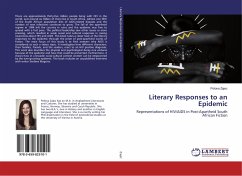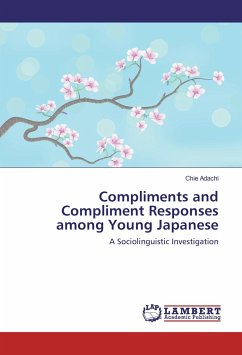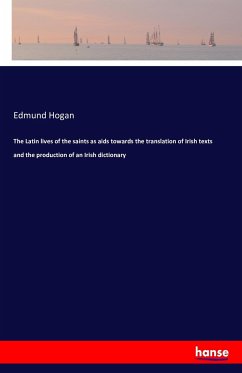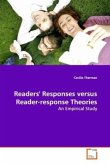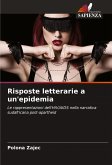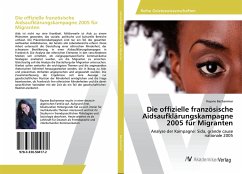There are approximately thirty-five million people living with HIV in the world, and around six million of them live in South Africa. Almost one fifth of the South African population dies of AIDS-related diseases and the number of new infections continues to grow. The fall of the apartheid regime in 1994 left the country in ruins and the epidemic was free to spread with a fast pace. The political leadership saw other issues as more pressing, which resulted in weak social and cultural responses in raising awareness about HIV and AIDS. This book takes a closer look at the literary responses to the epidemic through the prism of post-apartheid works of fiction. The main focus of this study is to find answers why AIDS is considered as such a taboo topic. It investigates how different characters, their families, friends, and the readers, react to an HIV positive diagnosis. This work also describes the physical and psychological decay one endures because of the epidemic and how that could be prevented. Furthermore, it shows how in a broader socio-cultural context women can be empowered by the ever-growing epidemic. The book includes an unpublished interview with writer Sindiwe Magona.
Bitte wählen Sie Ihr Anliegen aus.
Rechnungen
Retourenschein anfordern
Bestellstatus
Storno

